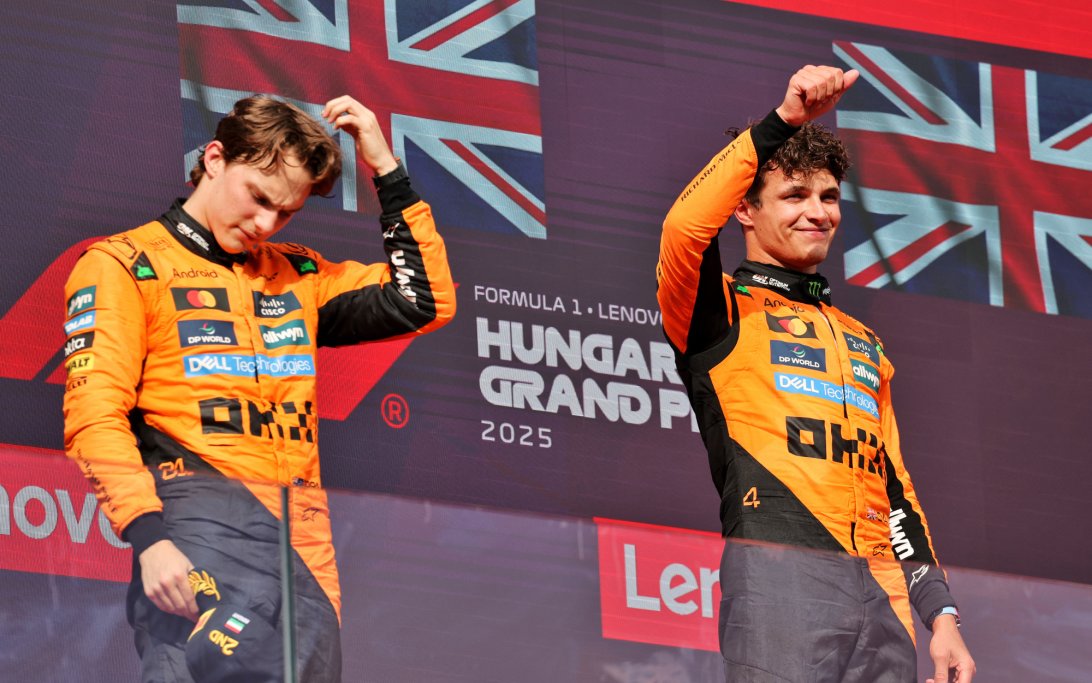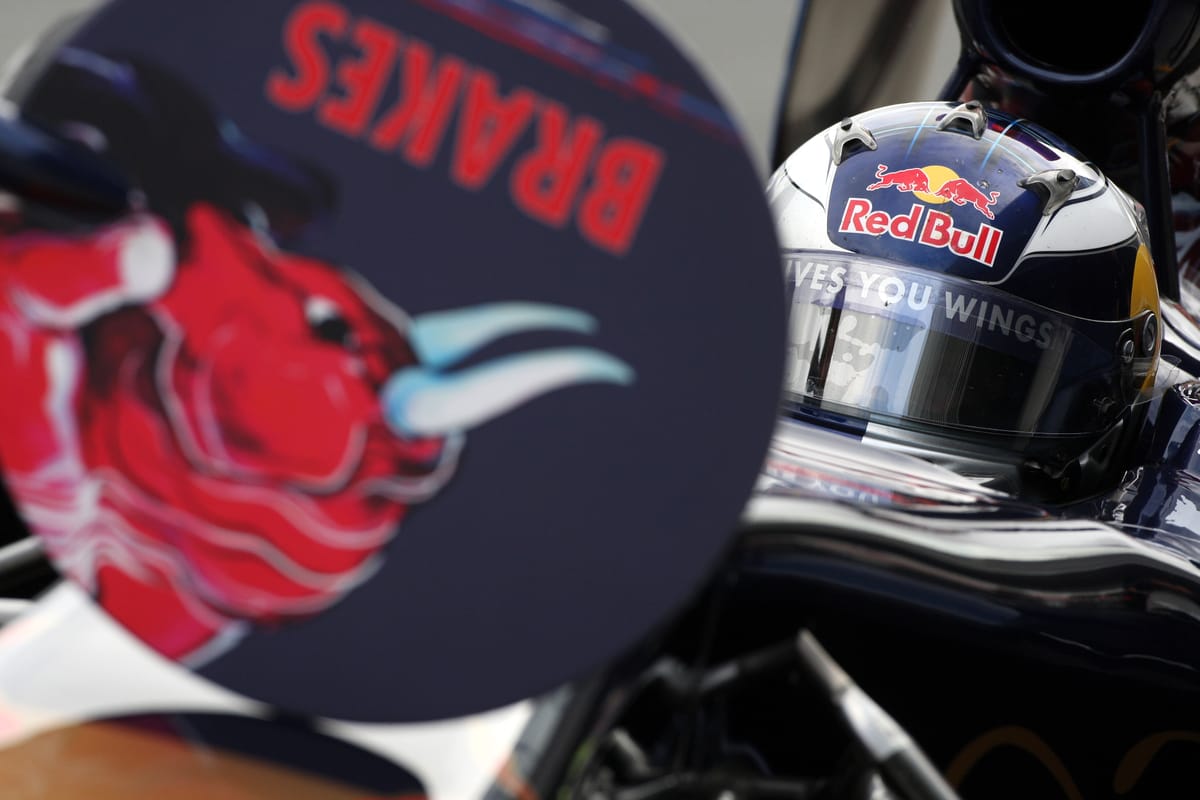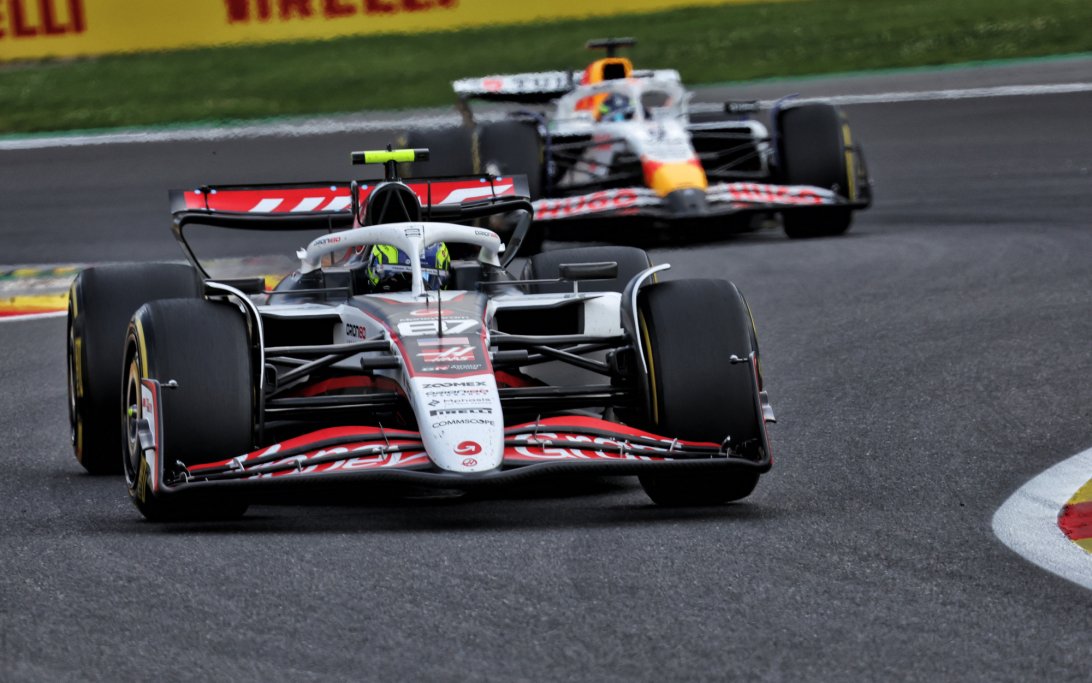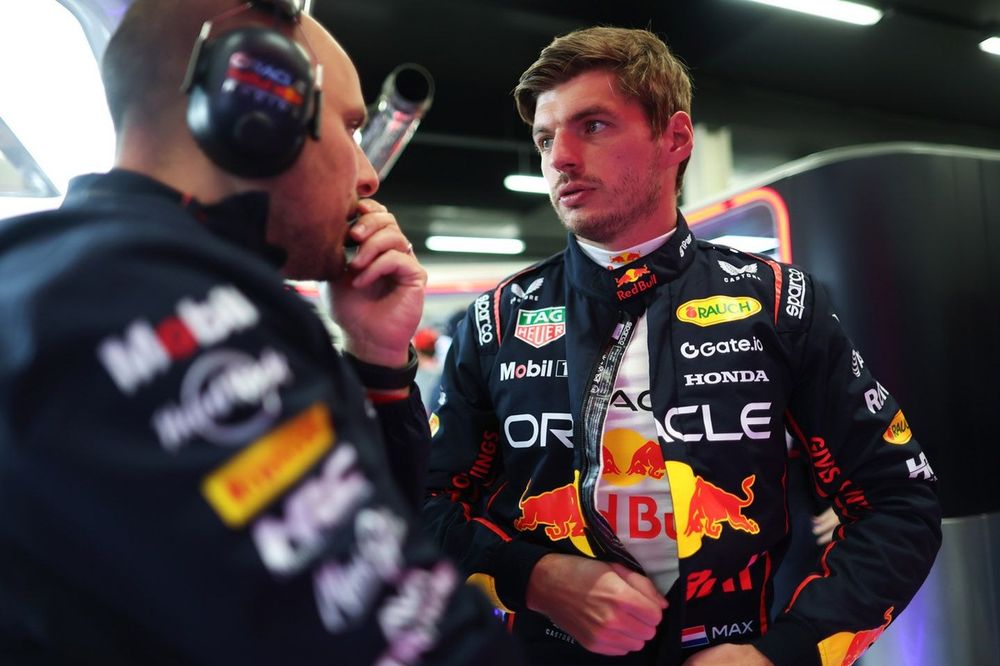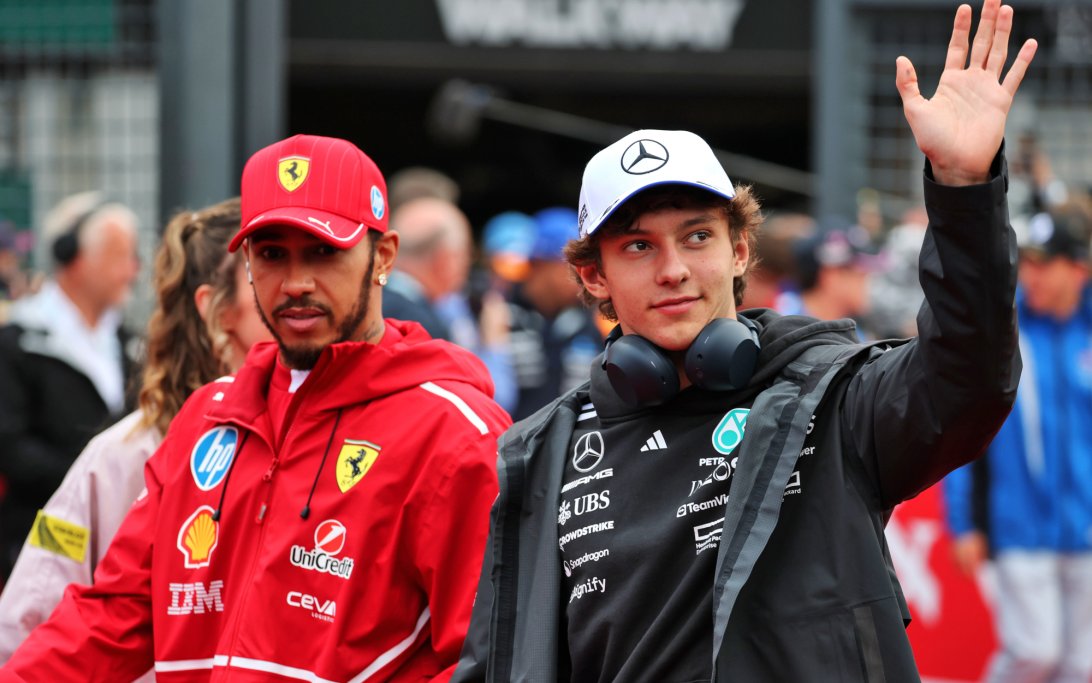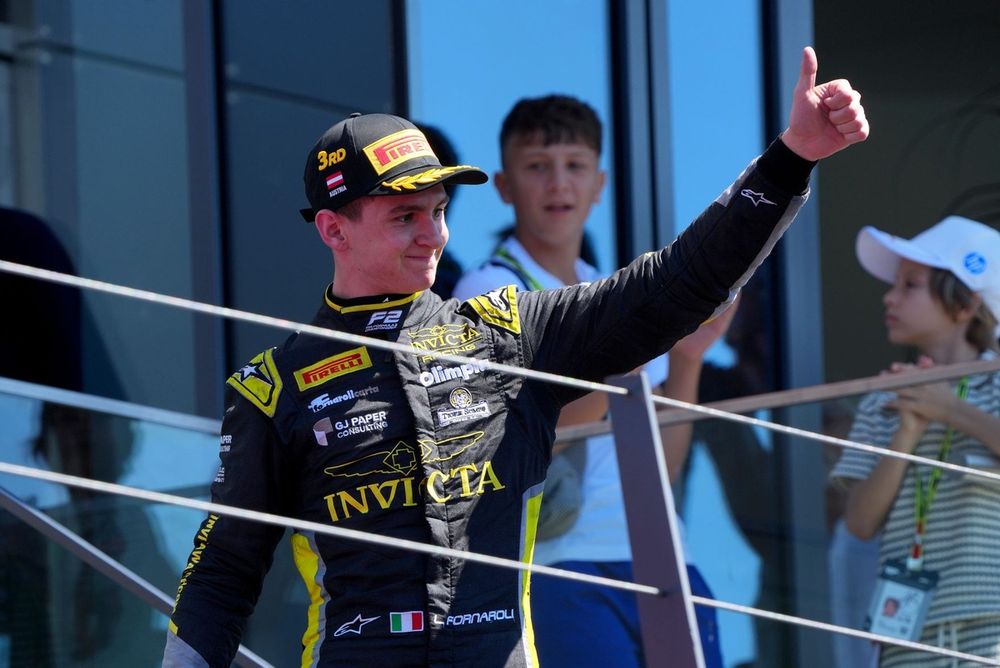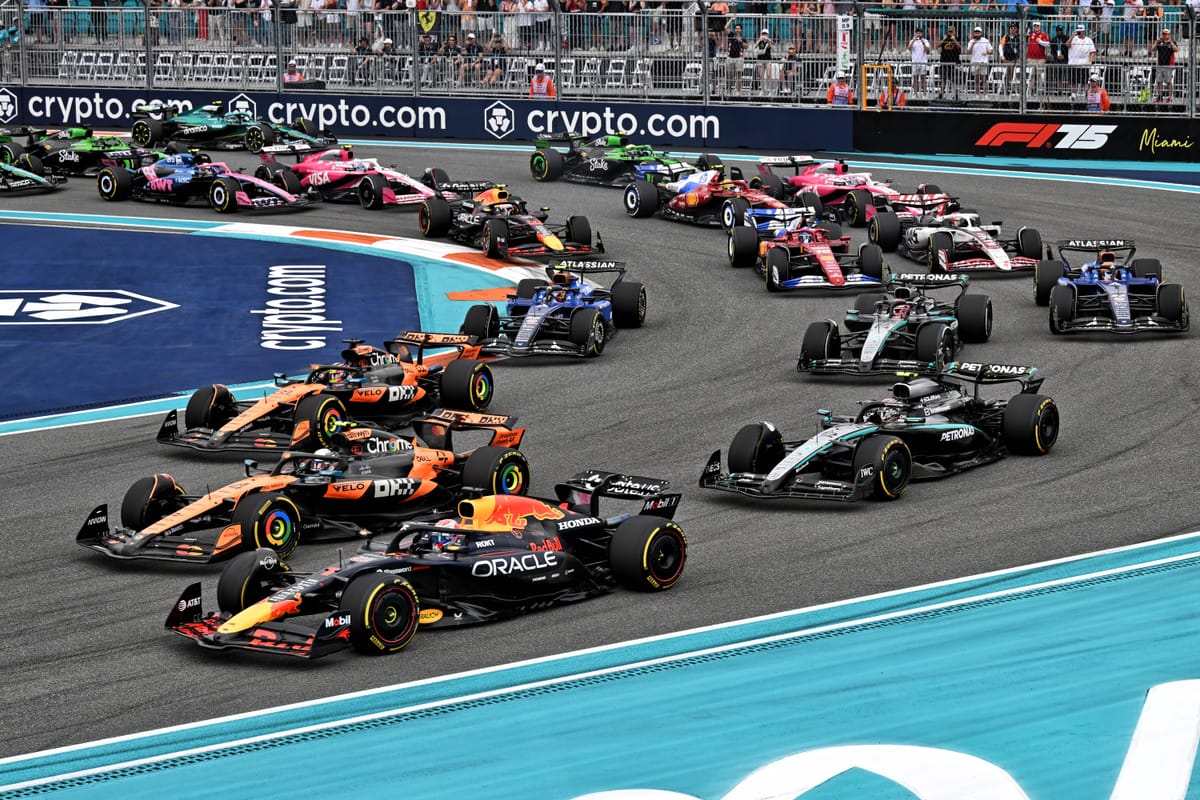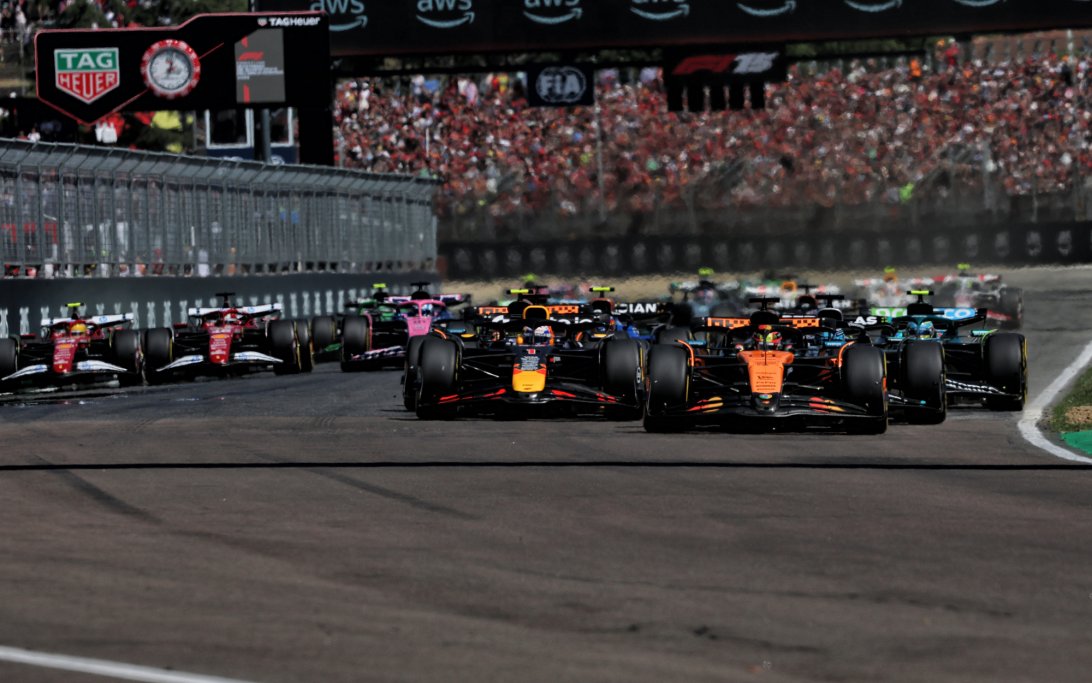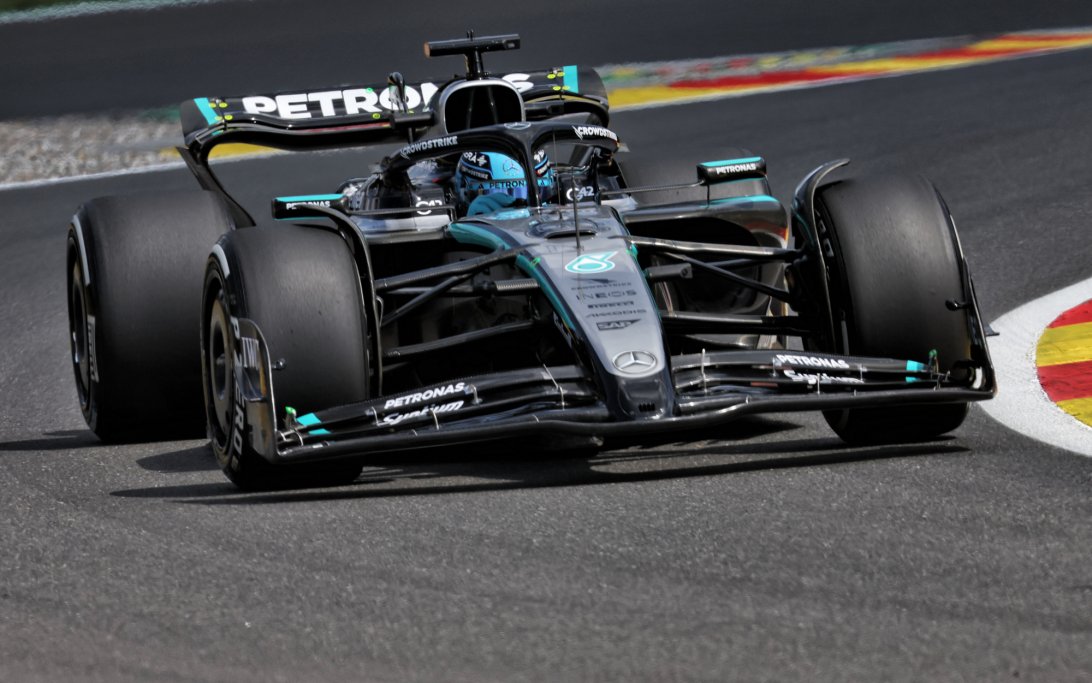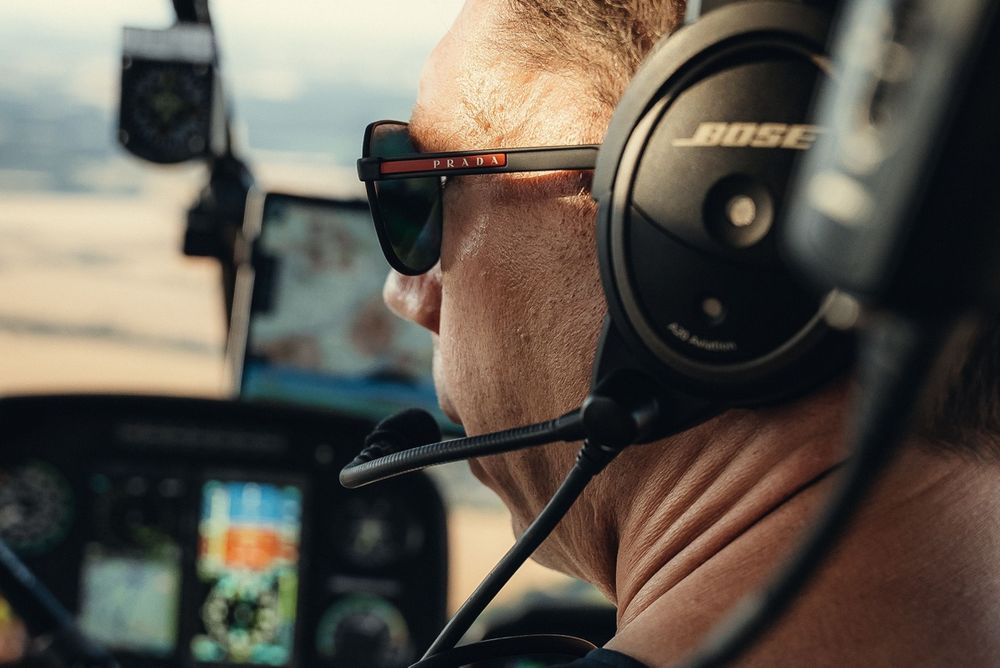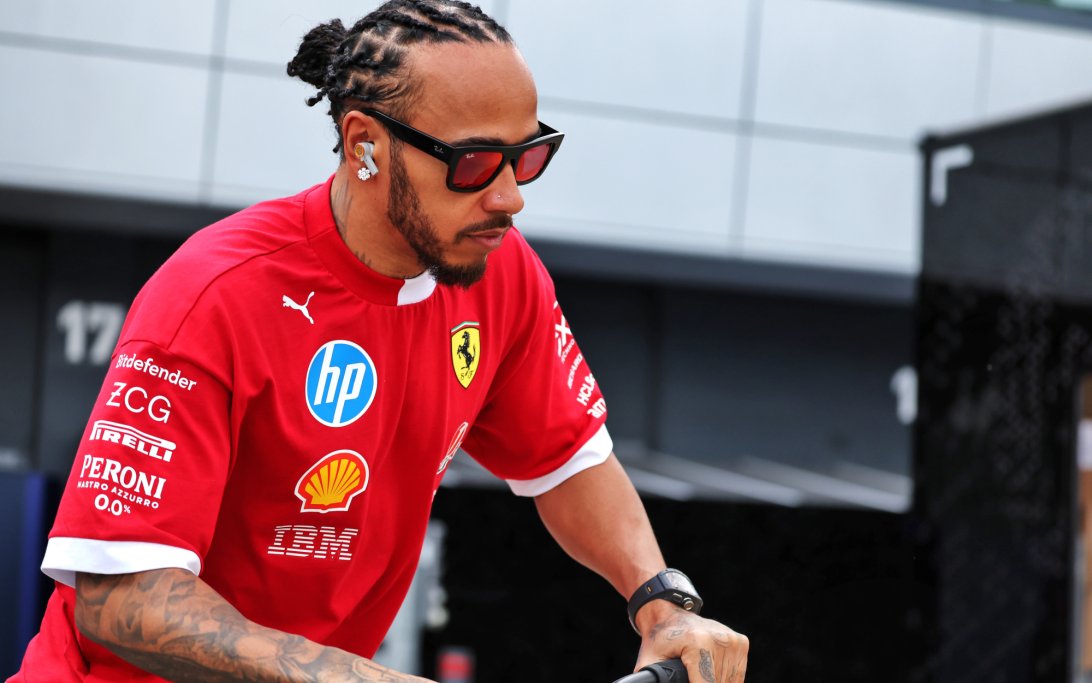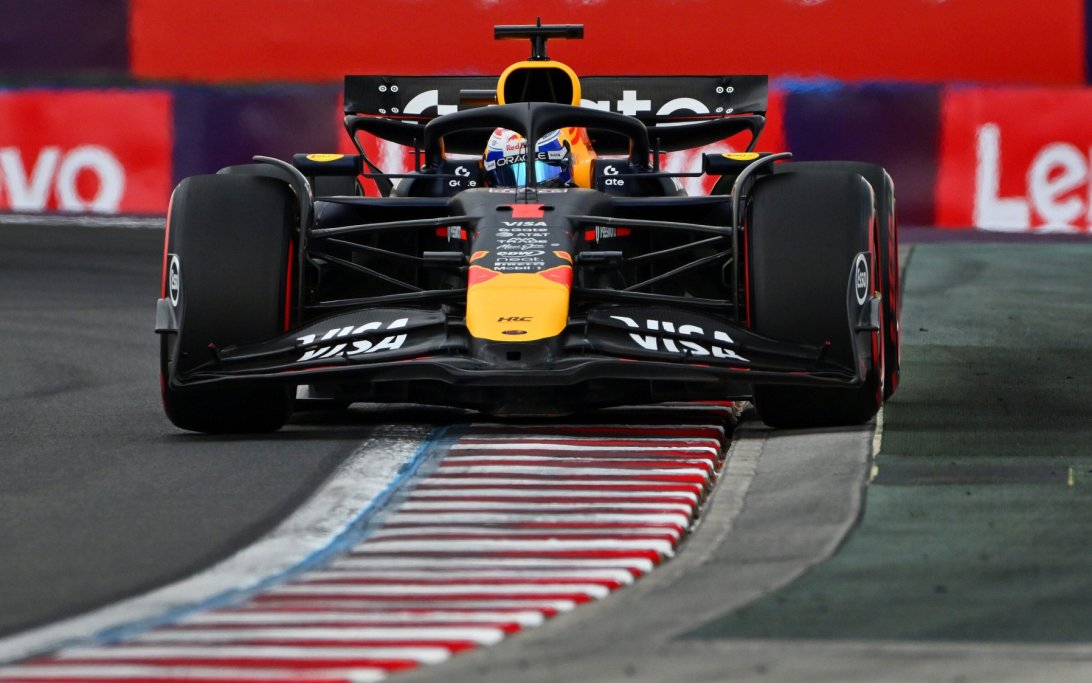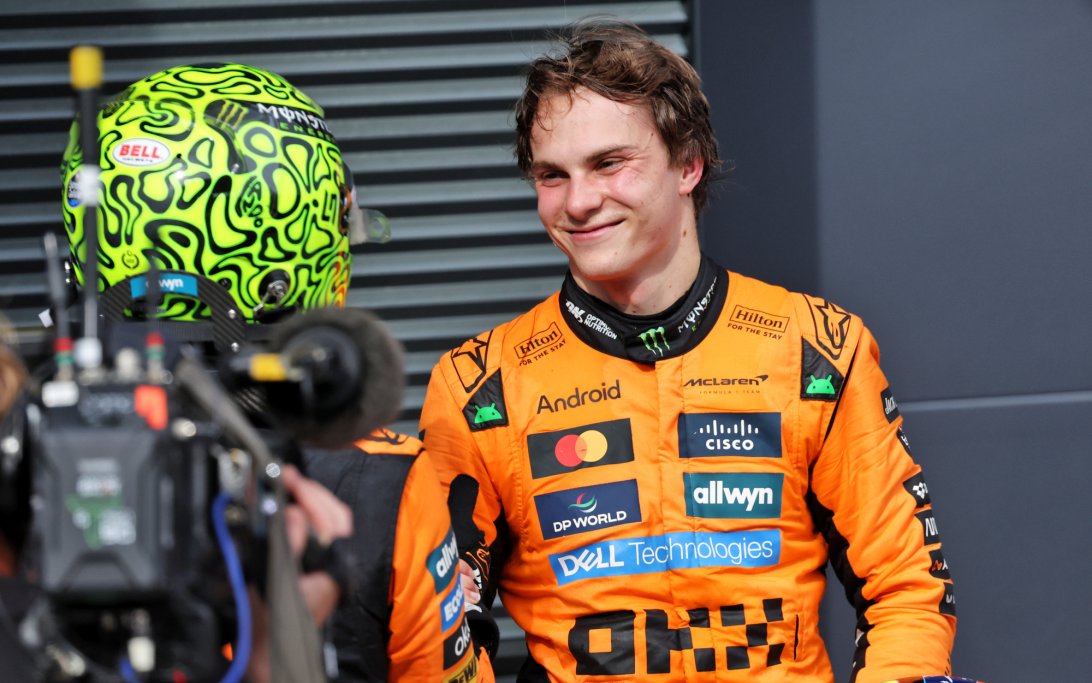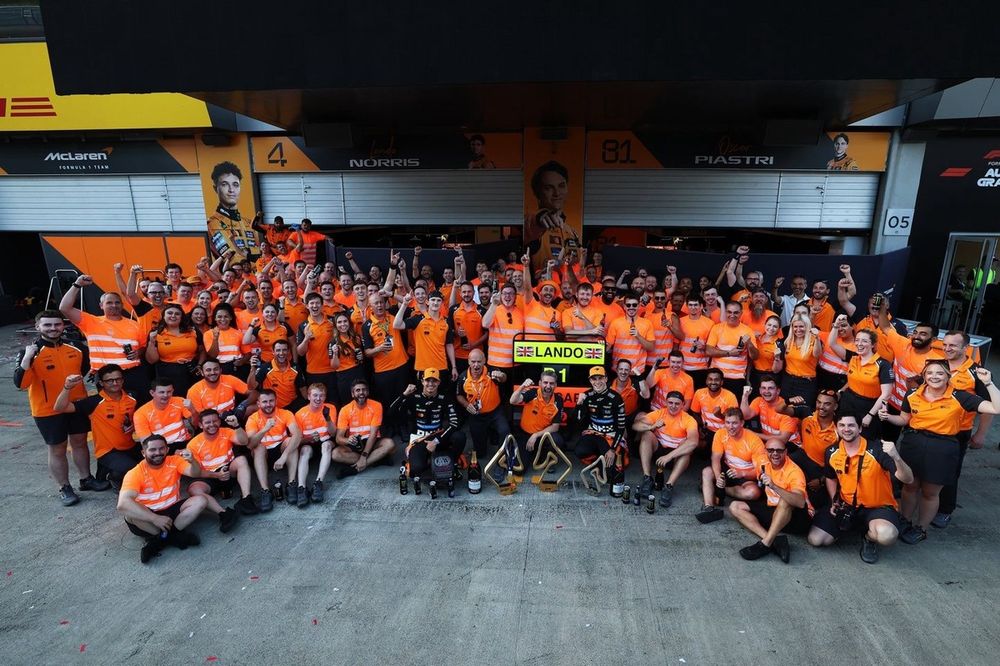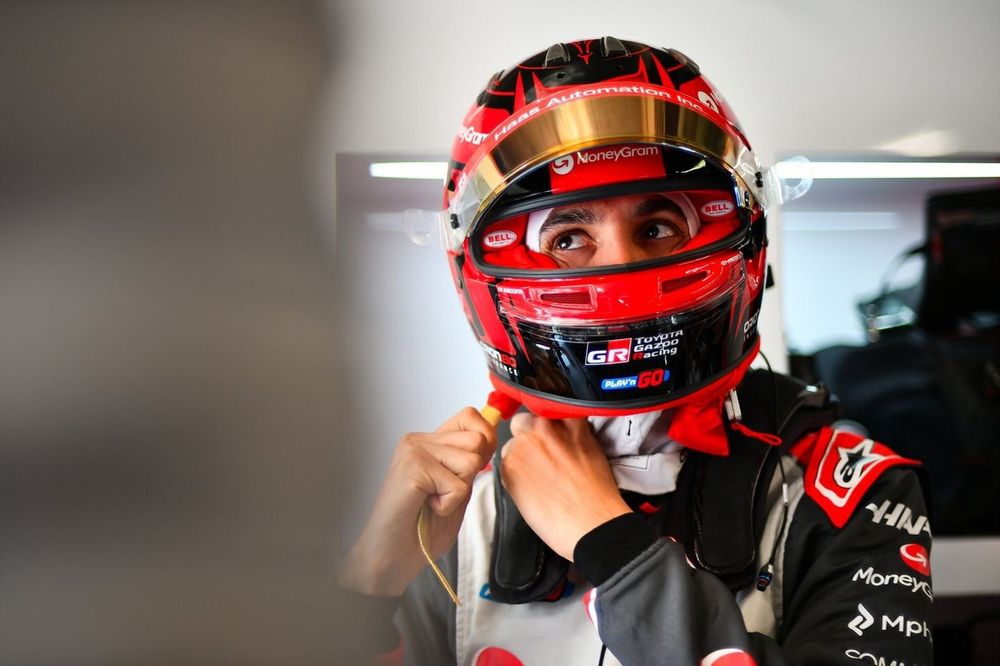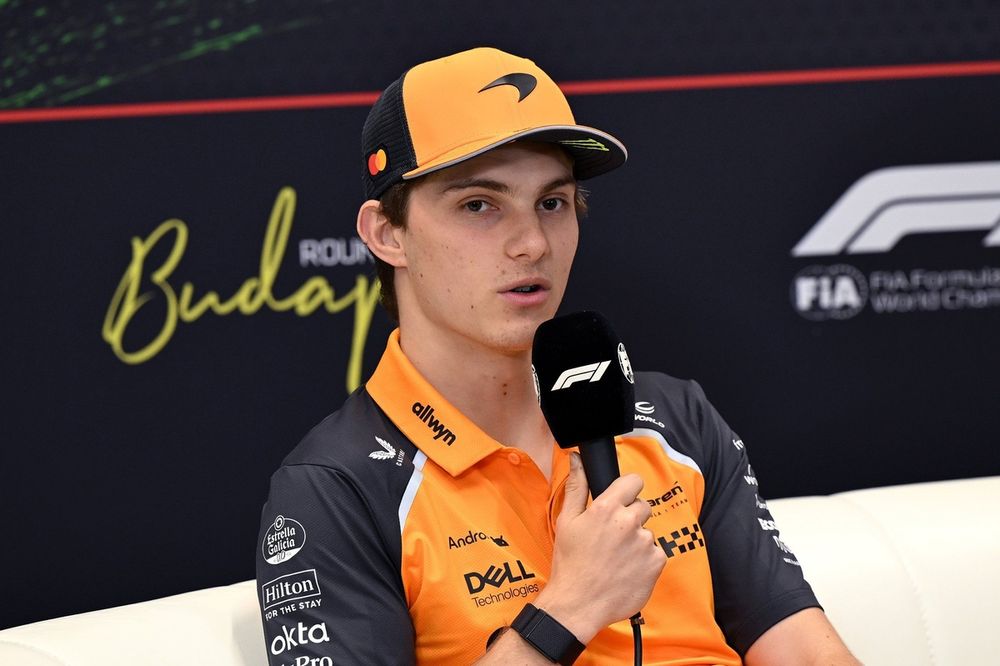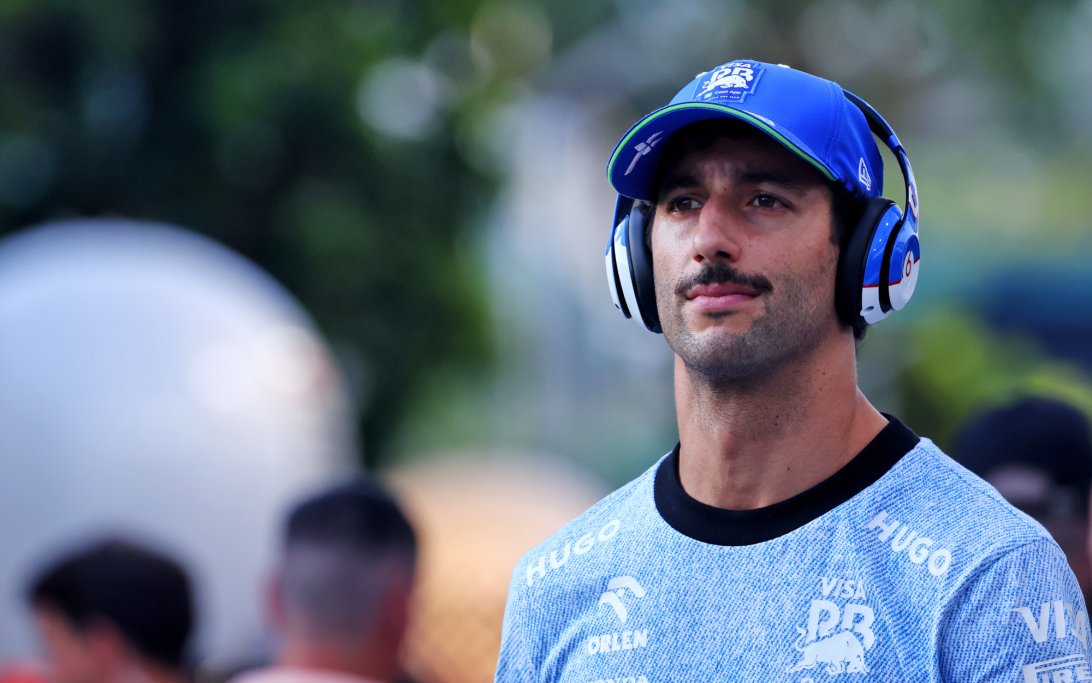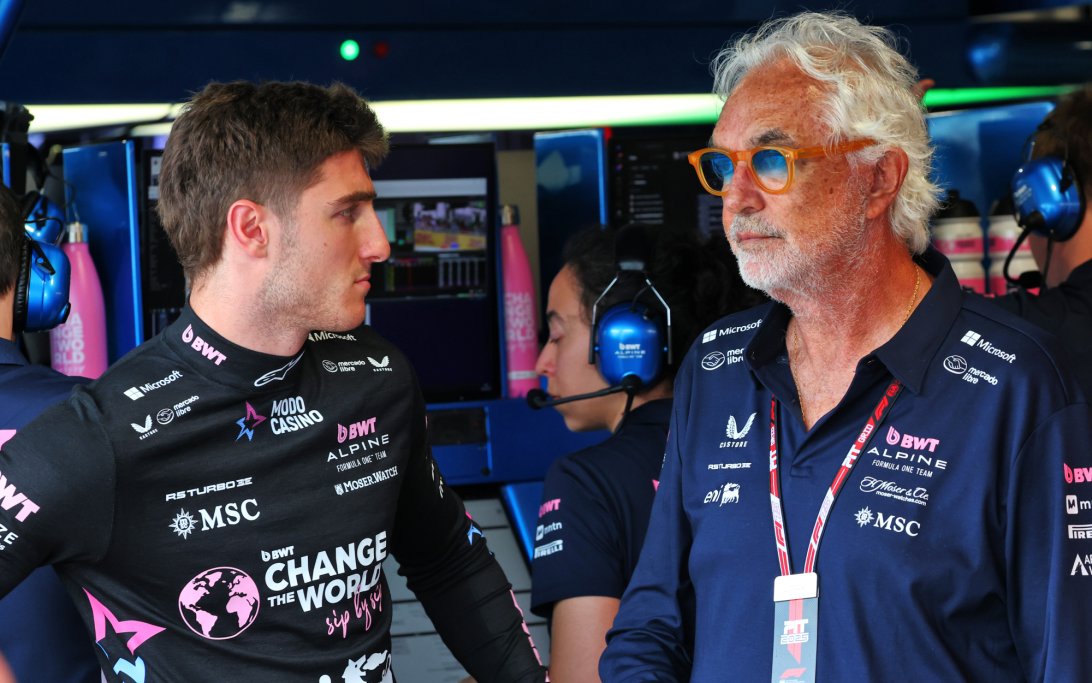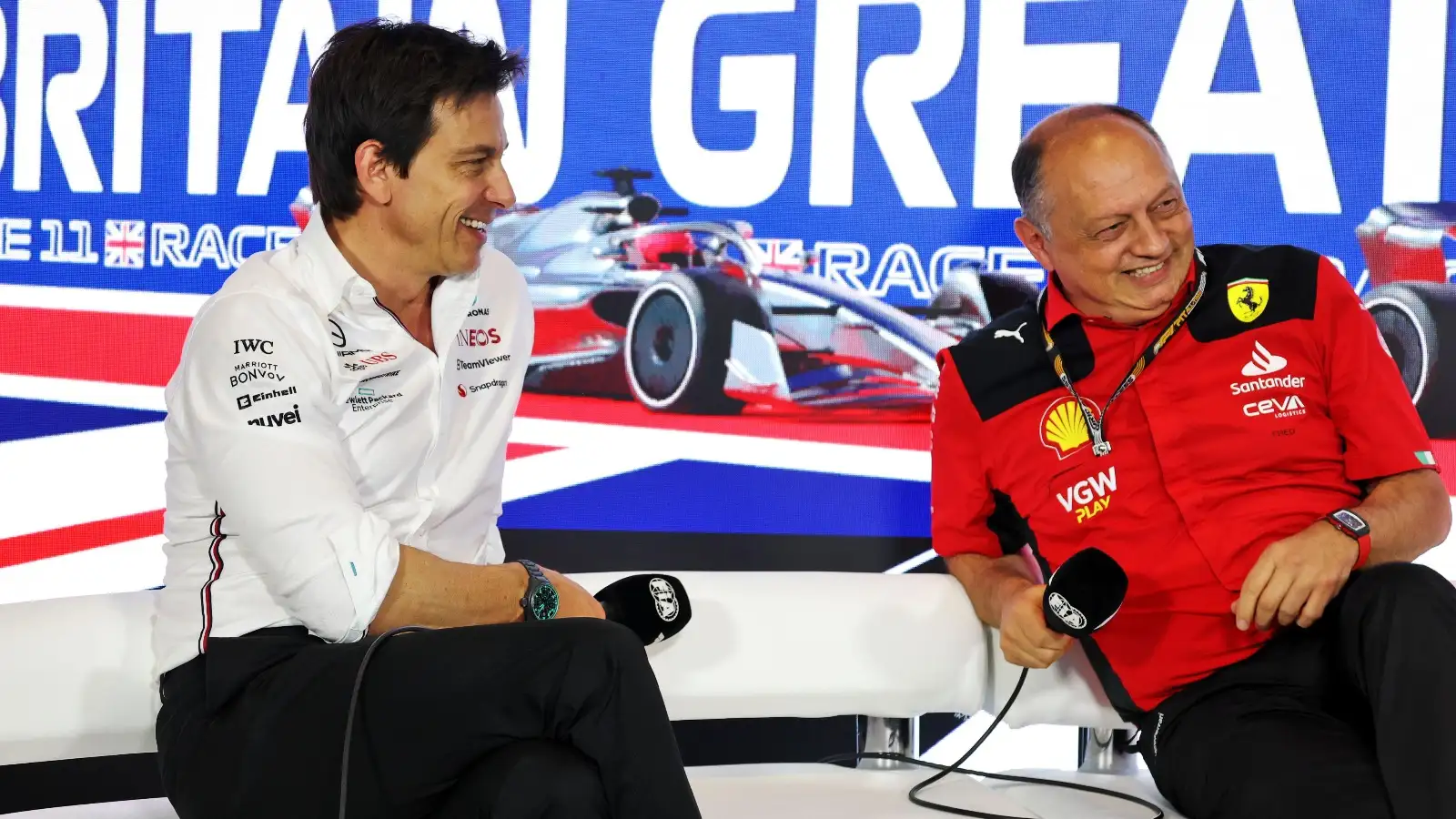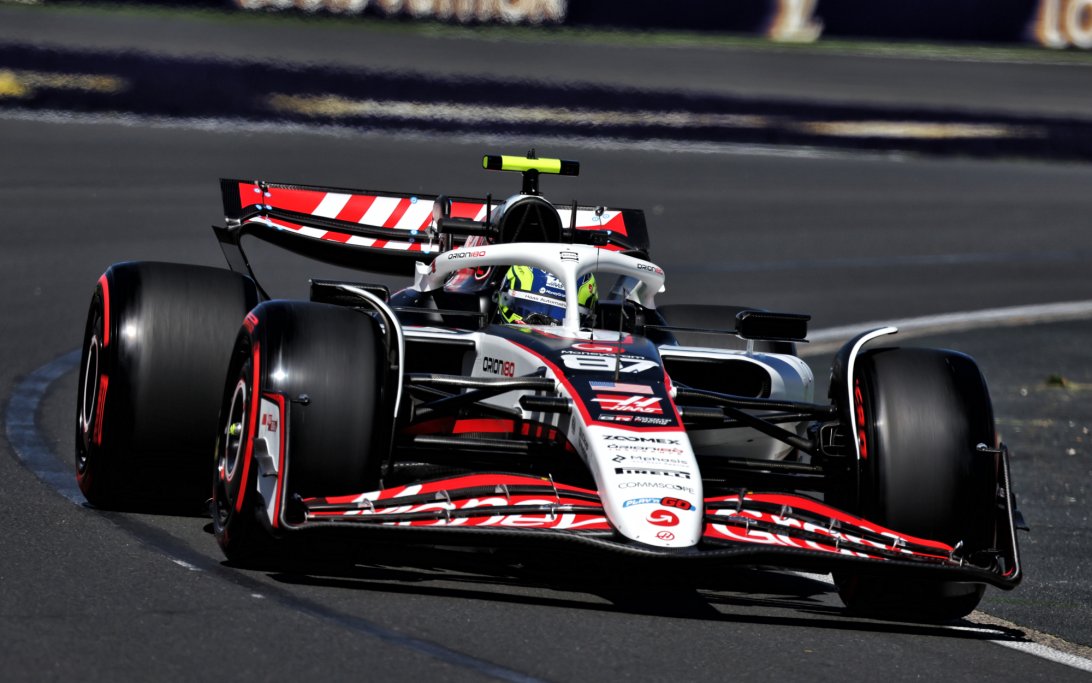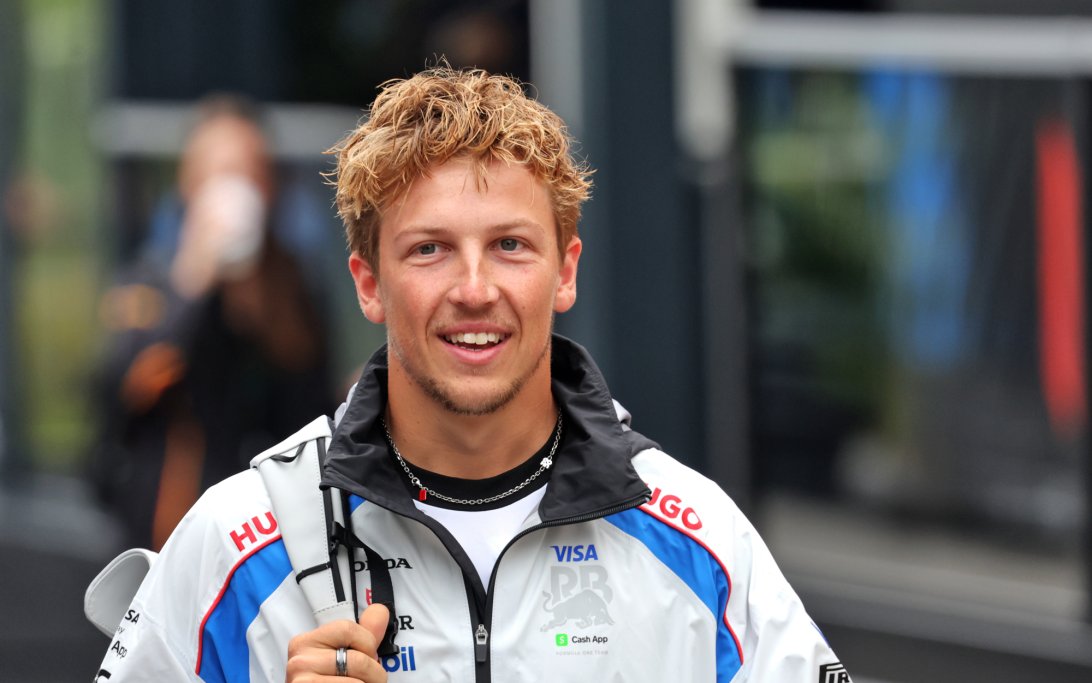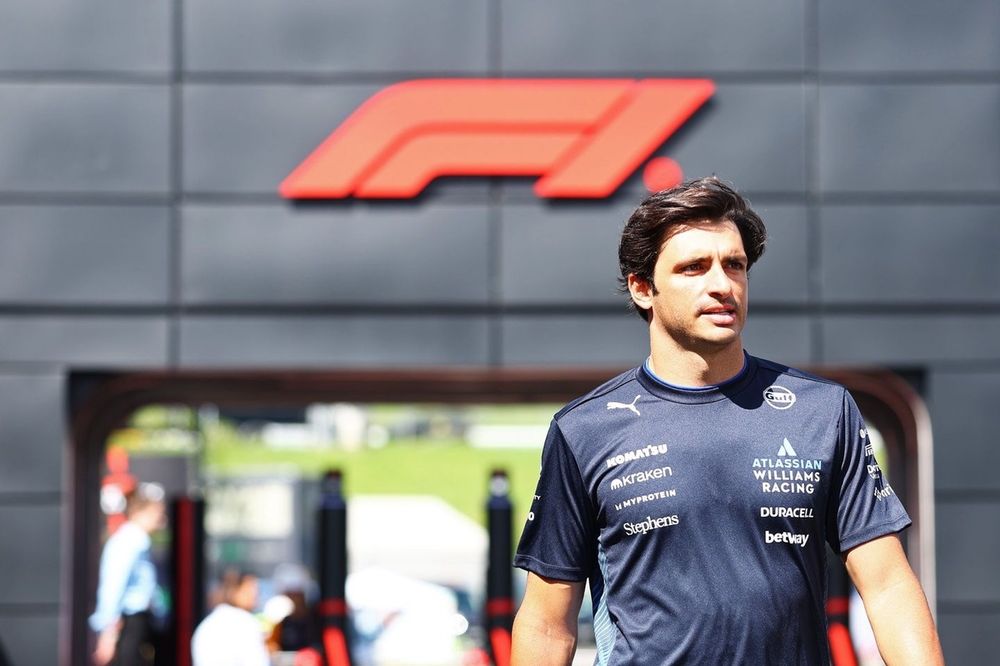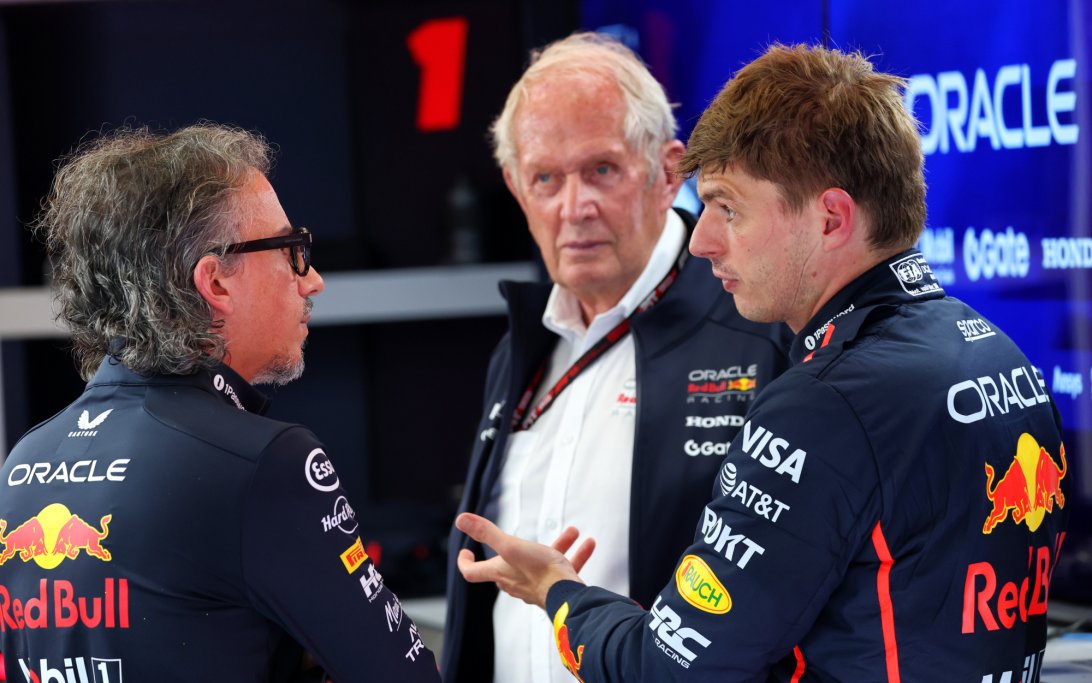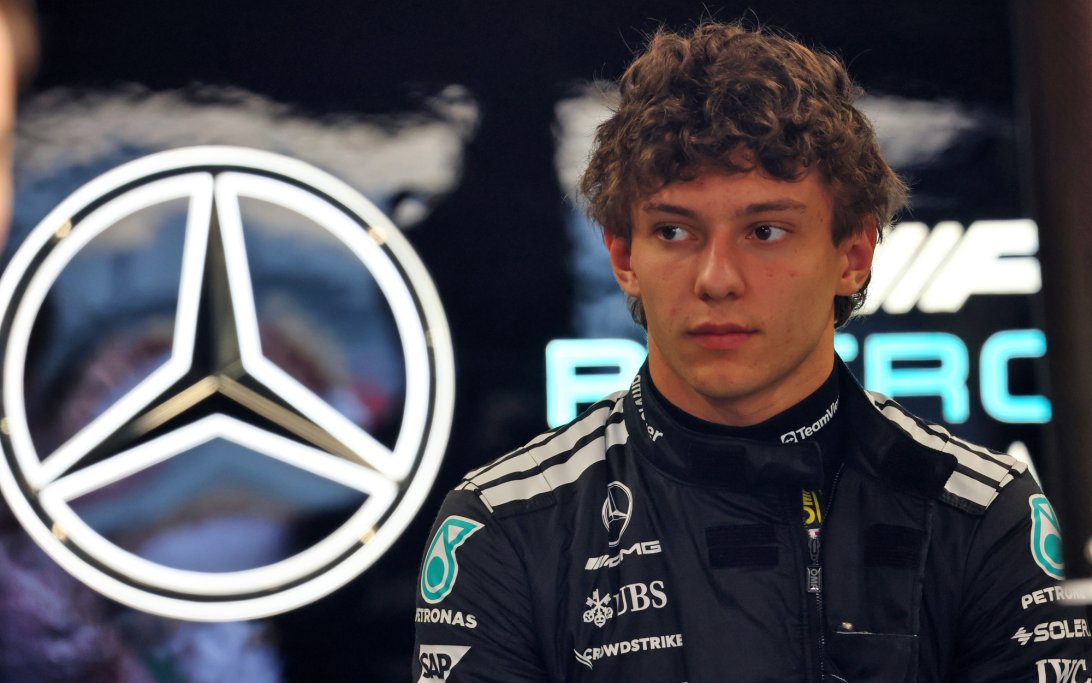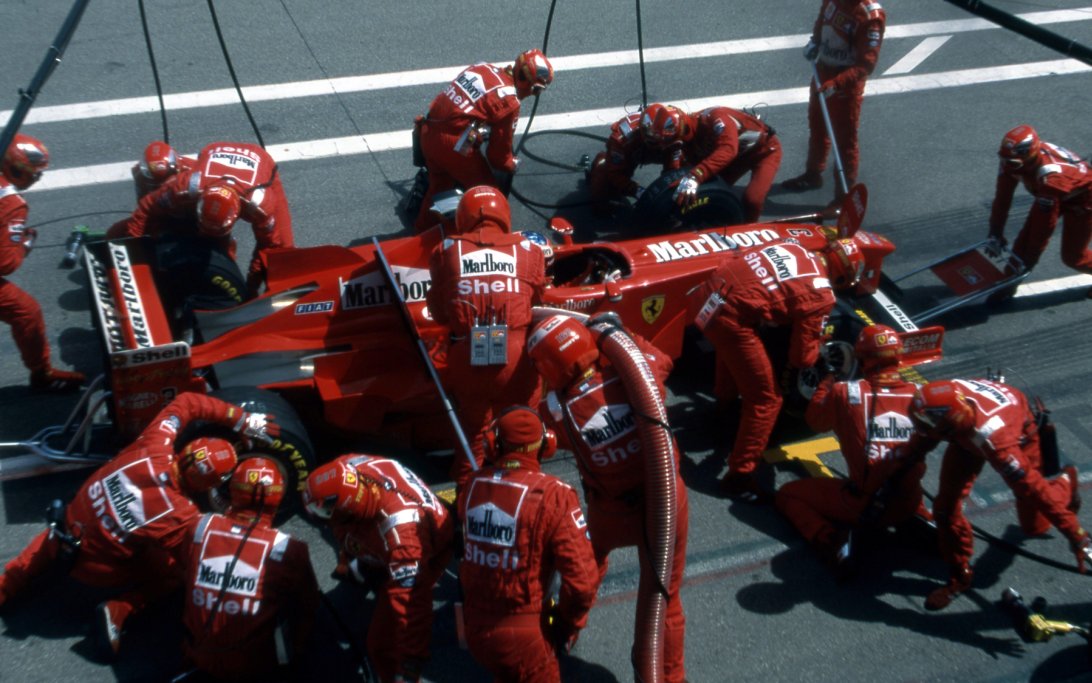George Russell emphasizes the critical role of setting "realistic goals" in Formula 1 to avoid a debilitating "psychological struggle." This insight comes from his unique career trajectory, from a struggling Williams team to a Mercedes squad that, despite its pedigree, hasn't provided a championship-winning car in the ground-effect era.
Why it matters
Russell's perspective on mental resilience is crucial for F1 drivers, especially when car performance doesn't align with expectations. This adaptive mindset is essential for maintaining peak performance and avoiding burnout in a highly demanding sport.
The big picture
From his promotion to Williams in 2019, where the team was a backmarker, to joining Mercedes in 2022 during their struggles with new regulations, Russell has consistently been in situations where a title-contending car was not at his disposal. This forced him to develop a pragmatic approach to goal-setting.
The details
- On the Untapped podcast, Russell revealed that he learned the importance of adjusting goals based on the car's current capabilities.
- "To win the championship this year is not a realistic goal," Russell stated, explaining that not achieving an impossible goal shouldn't lead to self-criticism.
- He advocates for celebrating "small victories," such as achieving a podium when a win isn't possible, to prevent a "negative spiral of psychological struggle."
- This approach is not merely for personal happiness but is a strategic tool to ensure he continues to perform at 100% capacity.
What's next
As Mercedes continues its development push to close the gap to frontrunners, Russell's mindset will remain key. He will continue to focus on achievable targets in each race, striving for optimal performance within the car's current potential.
